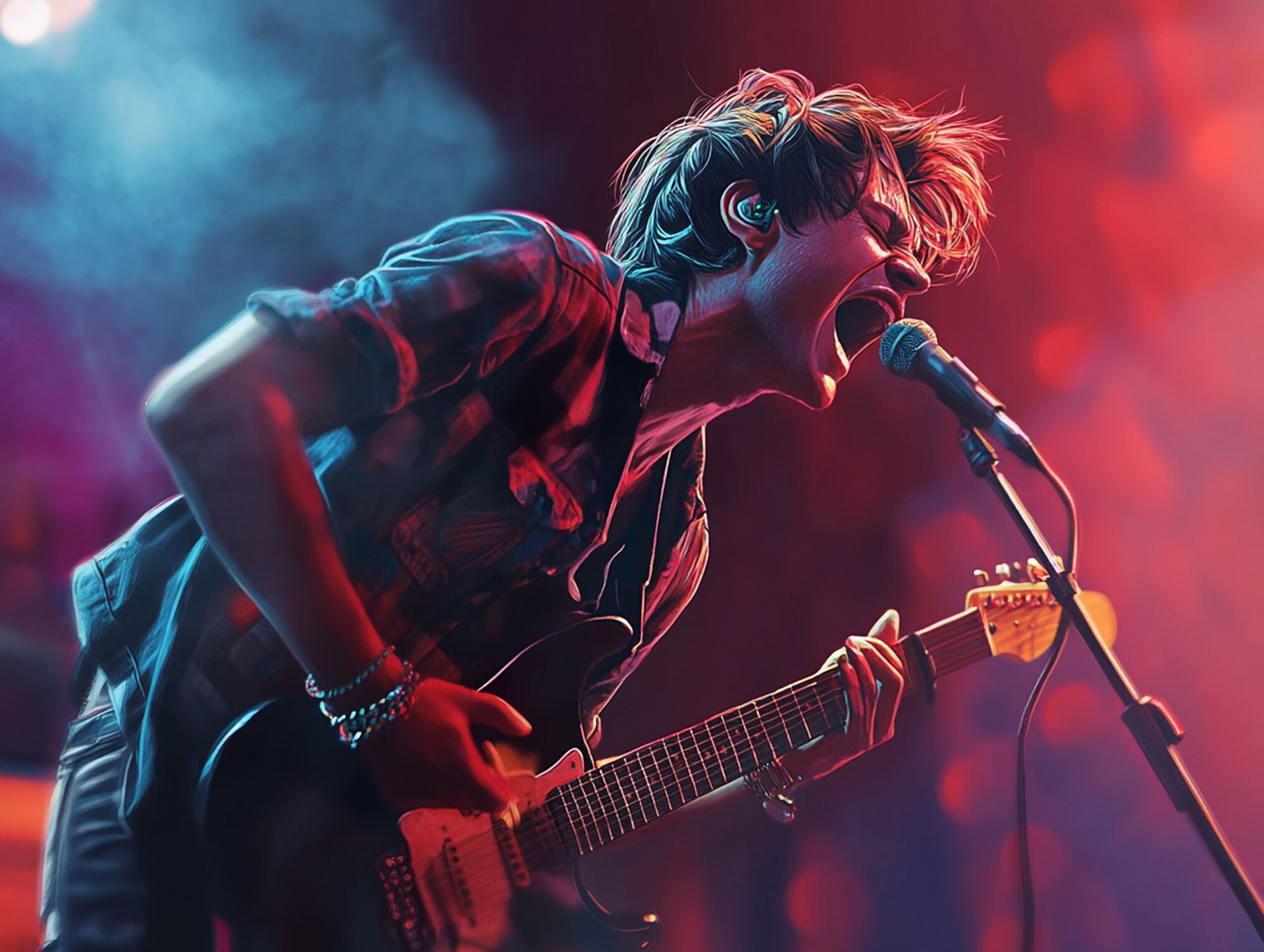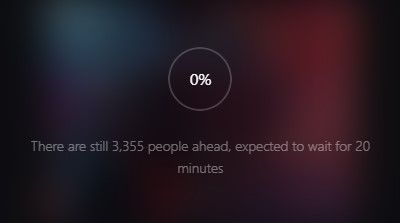

Hailuo AI Launches Game-Changing Image-to-Video Feature
Revolutionizing Creative Possibilities
In a significant leap for digital creativity, MiniMax, a promising Chinese startup, has introduced its Image-to-Video (img2video) feature through its flagship product, Hailuo AI. Artists and content creators are buzzing with excitement as this powerful tool allows them to animate still images, transforming them into engaging video narratives. This groundbreaking feature not only provides users the ability to create more dynamic content but also empowers them with enhanced creative control.
A Momentous Announcement
The announcement was celebrated on Twitter by Hailuo AI, stating, “The wait is finally over—We are excited to announce the launch of our Image-to-Video feature!” This sentiment resonated with many creators who have been eager for technology that amplifies their artistic expressions. Unlike previous updates from competitors, this feature truly integrates user creativity, offering seamless input through both images and text.
Backed by Industry Giants
MiniMax’s innovative leap comes on the heels of financial backing from heavyweight tech companies like Alibaba and Tencent. Earlier this year, Hailuo AI made waves with its hyper-realistic video generation capabilities, making a substantial impact in the burgeoning AI video sector. Our firsthand experience with MiniMax AI reveals its impressive potential in enhancing visual storytelling.
A Fresh Take on Video Generation
Founded by AI expert Yan Junjie, MiniMax has quickly gained traction in the competitive video generation market. Initially, Hailuo AI only supported text-to-video, requiring users to describe their imagined scenes. Even with this limitation, the platform swiftly built a dedicated user base due to the remarkable fluidity and coherence of its outputs—traits that gave it an edge over American competitors like Runway and Luma AI.
Fluidity and Realism in Motion
What sets Hailuo AI apart is its remarkable capability for lifelike human motion. Users have praised the videos for appearing more dynamic and realistic compared to other platforms, highlighting the effectiveness of MiniMax’s technological refinements. The results speak for themselves, demonstrating an ability to craft engaging narratives and vivid visuals.
Getting Started with Hailuo AI: A Step-by-Step Guide
Whether you are a professional creator or a casual enthusiast, utilizing Hailuo AI is straightforward. Here’s how to embark on your journey into AI-powered video creation.
Step 1: Accessing the Tool
Make your way to the Hailuo AI video tool by visiting Hailuo AI’s website. Upon landing on the site, you will be greeted with options to kick off your video creation process.
Step 2: Create an Account
To access the tool, you’ll need to sign up. Quick access via a Google account is available, but you can opt for any method that suits your preference. A seamless onboarding experience is crucial for users eager to dive into content creation.
Step 3: Upload Your Image
Once signed in, click on the gallery icon to upload your images. Alternatively, you can also select images from existing projects. Engaging with high-quality visuals will help in achieving more impressive results.

Image caption: Hailuo AI’s main interface allows for easy uploading and interaction.
Step 4: Crafting Your Prompt
After uploading an image, it’s time to describe the scene through a text prompt. The effectiveness of the generated video can heavily rely on the detail and creativity of the prompt. One example might be, “The guitarist grips his strings, sweat glistening as neon lights flicker, creating an electrifying atmosphere.”
Step 5: Generate Video
Submit your prompt, and watch as Hailuo AI generates your video output. Users have shared mixed reviews about results within the community, advising experimentation with different text inputs for optimal outcomes.

Image caption: Example of the input provided for video generation.
Refining Your Results
Despite varied experiences, one consensus continues to emerge: refining your prompts is key. Many users have found that trial and error lead to significantly improved outputs. If anyone is underwhelmed at first glance, it’s recommended to tweak prompts for nuanced storytelling.
Troubleshooting Common Issues
If users encounter delays or performance hiccups, it’s crucial to remain patient, especially given the rising popularity of the tool. With an influx of users, minor setbacks might arise, but they should not deter users from exploring the platform’s creative capabilities.

Image caption: Users waiting in queue highlight the tool’s growing popularity.
MiniMax: A Technology Powerhouse
MiniMax has become a noteworthy contender in the AI landscape, particularly after the release of its ‘video-01’ model. But its aspirations don’t end at video generation. The company is expanding its versatility, unveiling tools for music generation, document summarization, and even voice-based AI systems.
Xingye App: Engaging With AI
Among its various tools, the Xingye App stands out, allowing users to create personalized AI companions. While many of MiniMax’s innovations are primarily in Mandarin, the English-supportive Hailuo AI indicates a global vision, expanding beyond the Chinese market.
Conclusion: The Future of Creative AI
As digital content continues to evolve, tools like Hailuo AI herald a new era for creators. By providing an accessible platform for turning static images into dynamic video content, MiniMax is empowering storytellers worldwide to unleash their creativity. Hailuo AI isn’t just a tool; it’s a gateway to limitless artistic potential. As more users engage with this cutting-edge technology, its capabilities will only improve, truly marking the dawn of AI-driven creativity. Whether you’re an artist, marketer, or hobbyist, Hailuo AI offers the tools you need to elevate your storytelling to unprecedented heights.
source







